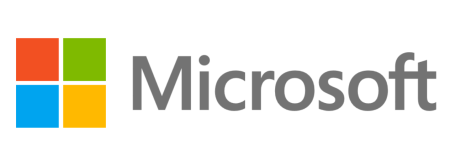Microsoft said on Wednesday that it would help customers as they migrate to newer versions of the Windows operating system by extending support to the platform’s antimalware features.
The software giant previously announced that support for Windows XP would end on April 8, 2014, after which the company would no longer support the 13-year old operating system. However, the company has now said that in order to help customers complete migrations to newer versions, it would continue to provide updates to its antimalware signatures and engine for Windows XP through July 14, 2015.
 In August, the company issued blunt warning for computer users still using Windows XP to upgrade to a newer operating system or risk exposure to zero-day attacks forever.
In August, the company issued blunt warning for computer users still using Windows XP to upgrade to a newer operating system or risk exposure to zero-day attacks forever.
In an August 2013 blog post, Tim Rains, a director in the Microsoft Trustworthy Computing group, outlined the urgency for Windows users to upgrade to modern operating systems like Windows 7 or Windows 8.
“There is a sense of urgency because after April 8, Windows XP Service Pack 3 (SP3) customers will no longer receive new security updates, non-security hotfixes, free or paid assisted support options or online technical content updates,” Rains explained in the post. “This means that any new vulnerabilities discovered in Windows XP after its “end of life” will not be addressed by new security updates from Microsoft.”
While Microsoft will now extend its antimalware support for the OS, other forms of support will still come to an end.
“This does not affect the end-of-support date of Windows XP, or the supportability of Windows XP for other Microsoft products, which deliver and apply those signatures,” Microsoft noted in a post to the company’s Threat Research & Response Blog Wednesday.
“For enterprise customers, this applies to System Center Endpoint Protection, Forefront Client Security, Forefront Endpoint Protection and Windows Intune running on Windows XP,” the announcement continued. “For consumers, this applies to Microsoft Security Essentials.”
“Our goal is to provide great antimalware solutions for our consumer and business customers. We will continue to work with our customers and partners in doing so, and help our customers complete their migrations as Windows XP end of life approaches.”
Earlier this year, Rains provided statistics on how often Windows XP systems were affected by vulnerabilities fixed in Microsoft security bulletins.
“The security mitigations built into Windows XP are no longer sufficient to blunt many of the modern day attacks we currently see,” Rains wrote at the time. “The data we have on malware infection rates for Windows operating systems indicates that the infection rate for Windows XP is significantly higher than those for modern day operating systems like Windows 7 and Windows 8.”
Related Reading: Microsoft: Windows XP Usage Means Zero-Day Attacks Forever















